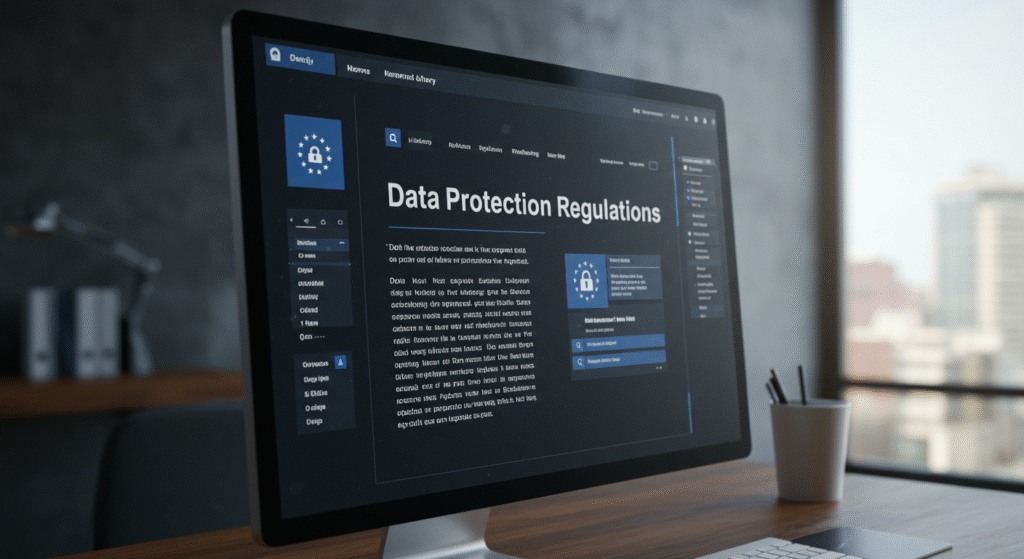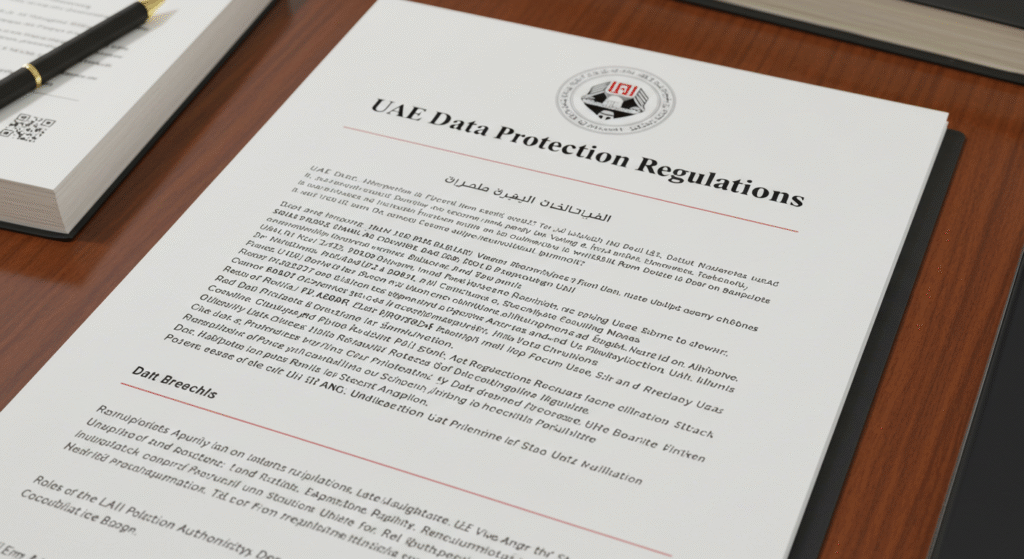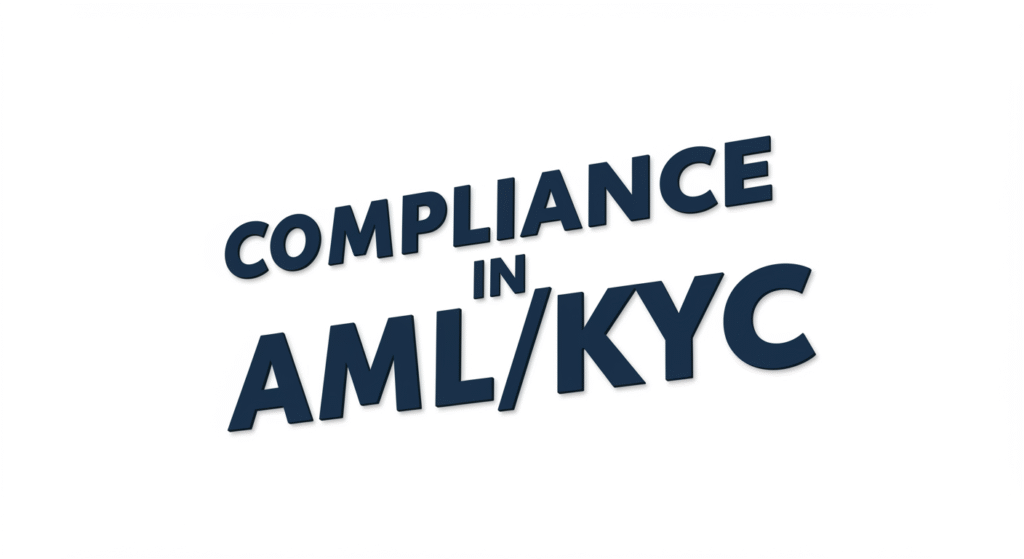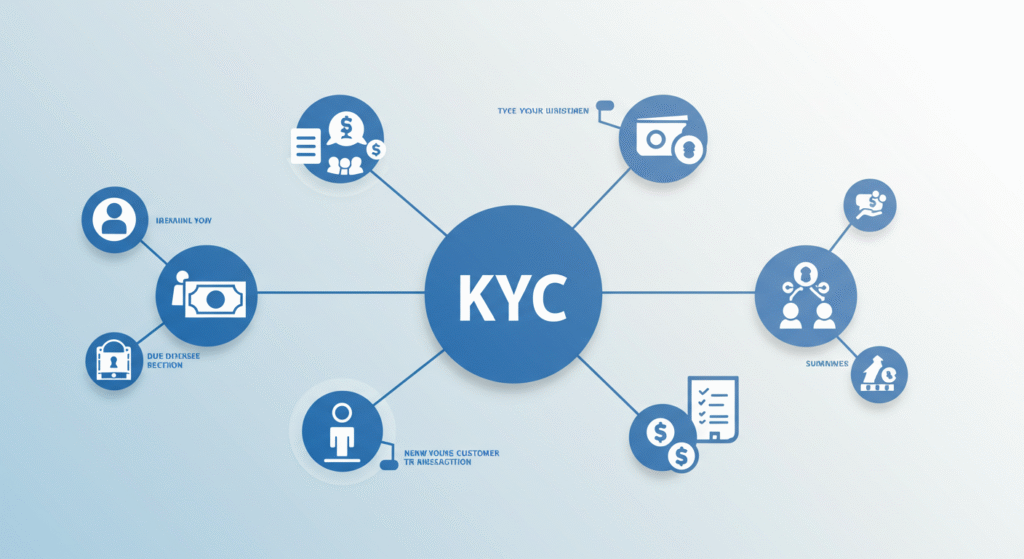Introduction
Data is one of the most valuable assets in today’s digital economy. For businesses in the United Arab Emirates (UAE), protecting personal data is no longer just a good practice—it’s the law. With the introduction of the UAE Personal Data Protection Law (Federal Decree-Law No. 45 of 2021, or PDPL), companies must rethink how they collect, store, and use information.
Similar to the European Union’s General Data Protection Regulation (GDPR), the PDPL brings accountability and transparency to how organizations handle personal information (International Comparative Legal Guides [ICLG], 2025). This shift means every business—from large corporations to small startups—needs to understand its obligations.
In this article, we’ll guide you through:
- Which businesses are affected by UAE data protection regulations
- Which entities must comply under the UAE data protection law
- How to engage the right compliance partner for your business
By the end, you’ll have a practical roadmap to compliance and know how to protect both your customers and your organization.
Understanding the Scope of UAE Data Protection Regulations

Why the Law Was Introduced
The UAE has established itself as a global hub for finance, healthcare, e-commerce, and technology. With this growth comes increasing amounts of sensitive data moving across borders. Regulators introduced the PDPL to:
- Build consumer trust in digital transactions.
- Align the UAE with international best practices.
- Provide clear accountability for businesses.
As the UAE continues to expand its digital economy, robust privacy laws help ensure sustainable growth while protecting individual rights (Chambers & Partners, 2025).
Which Businesses Are Covered by the Law
The scope of the PDPL is broad and applies to a variety of entities:
| Business Type | Applicability of UAE Data Protection Law | Notes |
| Mainland companies | Fully covered under the PDPL | Applies to all entities processing personal data of individuals in UAE. |
| Free zone entities (e.g., DIFC, ADGM) | Subject to their own frameworks but aligned with PDPL principles | Must comply with zone-specific laws plus federal obligations when applicable. |
| Multinational companies abroad | Covered if processing data of UAE residents | Extra-territorial reach similar to GDPR. |
| Digital-first businesses (e-commerce, fintech, apps) | Fully covered | Even small startups collecting customer data must comply. |
If your business touches the personal data of UAE residents—even indirectly—you should assume compliance is required.
What Happens If You’re Non-Compliant
Non-compliance with the UAE PDPL comes with steep consequences:
- Fines and penalties that can strain finances.
- Reputational harm, particularly in trust-based industries like healthcare and banking.
- Operational disruptions, where regulators may restrict business activities until corrective steps are taken.
For small and medium-sized enterprises (SMEs), even a minor breach can lead to long-term setbacks. Larger firms face amplified risks, with multiple departments and international operations under scrutiny.
Practical insight: At MCompliance, we’ve seen organizations save significant costs by preparing early. Proactive compliance not only reduces risk but also improves brand credibility.
Understanding Which Entities Must Comply under the UAE Data Protection Law

Mainland vs Free Zone Businesses
The UAE operates under a layered regulatory system:
- Mainland businesses fall directly under PDPL.
- Free zones such as DIFC and ADGM operate under GDPR-inspired frameworks but remain connected to federal requirements.
- Cross-border businesses serving UAE residents must comply regardless of where they are based.
This layered system means compliance is not a one-size-fits-all approach. Businesses with operations in multiple zones need guidance to harmonize their compliance strategies.
Data Controllers, Processors, and Service Providers
The law distinguishes between key roles:
- Data Controllers: Decide the purpose and method of processing data (e.g., a hospital managing patient files).
- Data Processors: Handle data on behalf of a controller (e.g., a cloud service provider hosting the hospital’s database).
- Service Providers: May function as either, depending on contractual roles.
For businesses, this means contracts, policies, and technical safeguards must clearly define roles and responsibilities.
Common Misunderstandings Among UAE Businesses
Many SMEs believe they are “too small” to fall under PDPL. This is a dangerous assumption. Even businesses like:
- A retail shop running loyalty programs
- A restaurant taking online bookings
- A freelancer collecting customer details
…are required to comply if they process personal data.
Regulators emphasize that size does not exempt compliance obligations. In fact, SMEs are often more vulnerable because they lack in-house compliance teams.
Free Zone vs Mainland: How to Engage a Compliance Partner for UAE Data Protection Law Needs

Why Businesses Need External Compliance Support
Navigating the UAE’s data protection landscape can be complex, especially when balancing federal and free zone rules. Challenges include:
- Interpreting overlapping regulations.
- Building technical and organizational safeguards.
- Staying up to date with amendments and enforcement practices.
For many companies, hiring internal staff is costly. Working with a specialized compliance partner is often the most efficient solution.
Key Considerations When Choosing a Compliance Partner
When evaluating a compliance partner in the UAE, look for:
- Experience with UAE PDPL and free zone frameworks.
- Sector-specific knowledge in areas such as banking, healthcare, or technology.
- End-to-end services including audits, data mapping, breach response, and ongoing monitoring.
- Proven track record with both SMEs and large organizations.
These qualities ensure your compliance partner can deliver not just short-term fixes but sustainable frameworks that evolve with regulations.
How MCompliance Supports Businesses

At MCompliance, we provide tailored support to businesses operating in both mainland and free zones. Our services include:
- Gap analysis and compliance audits to identify risks.
- Policy and contract reviews aligned with PDPL requirements.
- Staff training and awareness programs for long-term compliance culture.
- Incident response planning to handle breaches effectively.
With years of hands-on experience, we bridge the gap between regulatory expectations and practical implementation. Our goal is to make compliance manageable and cost-effective for your business.
Call to Action
Don’t wait for a regulatory penalty or customer complaint to highlight compliance gaps. Take proactive steps today to protect your business.
Ensure your business is fully aligned with the UAE data protection law—contact MCompliance for a tailored compliance assessment and start building lasting trust with your clients.
Conclusion
The UAE data protection law affects more businesses than many realize. Whether you’re a multinational, a free zone entity, or a small retailer, compliance is essential. By understanding the scope, clarifying your obligations, and partnering with experts, you can protect your organization while strengthening customer confidence.
MCompliance is here to help guide you through every step of the journey.
Frequently Asked Questions (FAQ)
1. Does the UAE data protection law apply to small businesses?
Yes. The UAE Personal Data Protection Law (PDPL) applies to all entities that process personal data of UAE residents, regardless of size. Even small businesses—like retail shops with loyalty programs or restaurants taking online reservations—must comply.
2. How is the UAE PDPL different from the GDPR?
While inspired by the European GDPR, the UAE PDPL is tailored to the local context. Both laws emphasize transparency, accountability, and individual rights. However, compliance requirements may vary depending on whether your business operates on the mainland or in free zones like DIFC or ADGM.
3. What are the penalties for non-compliance with the UAE data protection law?
Penalties can include financial fines, reputational damage, and restrictions on business activities. The severity depends on the nature of the violation, but even minor breaches can be costly for SMEs and large corporations alike.
4. Do free zone businesses need to comply with the PDPL?
Yes. Free zones such as DIFC and ADGM have their own data protection laws, but businesses may also need to align with federal PDPL obligations, especially if they process data outside of their free zone jurisdiction.
5. How can MCompliance help my business comply?
MCompliance provides tailored compliance solutions, including gap analysis, policy reviews, staff training, and incident response planning. With experience across mainland and free zone jurisdictions, we help businesses navigate complex requirements and stay compliant with confidence.
To learn further about Regulatory Compliance, kindly check these links:
– Operational Risk
– Compliance Training Solutions
– What is KYC and Why It Matters for Businesses in the UAE
– How Can Regulatory Compliance Benefit from RegTech and Compliance Automation?
– MCompliance




